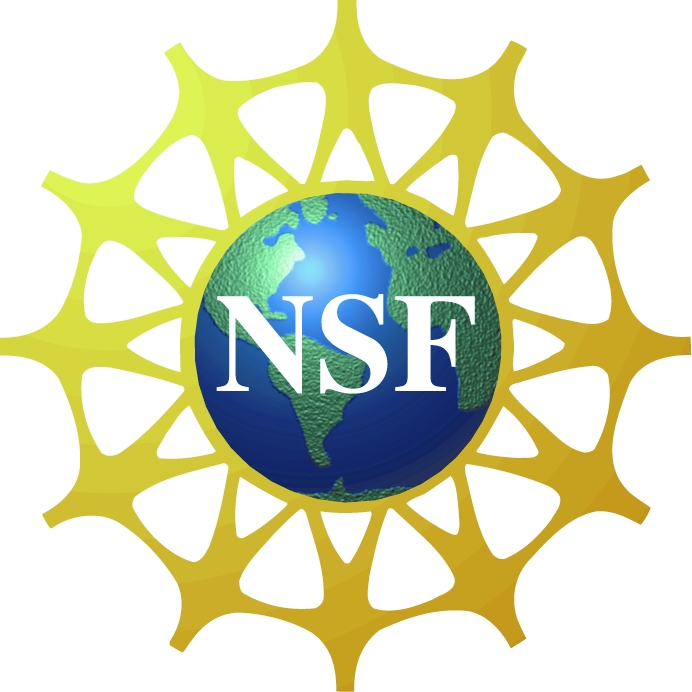Main Page
Geospace Environment Modeling (GEM) 
Geospace Environment Modeling (GEM) is a broad-based, community-initiated research program on the physics of the Earth's magnetosphere and the coupling of the magnetosphere to the atmosphere and to the solar wind. The purpose of the GEM program is to support basic research into the dynamical and structural properties of geospace, leading to the construction of a global Geospace General Circulation Model (GGCM) with predictive capability. This GGCM model will be modularized and will complement parallel developments of magnetohydrodynamic models. The strategy for achieving GEM goals is to undertake a series of campaigns and focus groups, in both theory and observational modes, each focusing on particular aspects of the geospace environment.
The Geospace Environment Modeling (GEM) program is sponsored by National Science Foundation (NSF) Division of Atmospheric and Geospace Sciences.
What's New
- The 2013 GEM Mini-workshop will be held at Westin San Francisco Market Street on Sunday, December 8 before the AGU Fall Meeting. (Workshop Schedule with Venue Map updated on 11/12/2013)
- The following proposals have been submitted for consideration of new GEM focus groups:
- Analysis and Synthesis of Geospace Current Systems (Currents in Geospace)
- Geospace System Science
- Inner Magnetosphere Cross-Energy/Population Interactions (IMCEPI)
- Multi-scale Processes of Energetic Particles (PEP) in the Inner Magnetosphere
- Particle Populations in the Coupled Inner Magnetosphere
- Quantitative Assessment of Radiation Belt Modeling
- The latest draft of GEM White Paper is now available. (Posted at GemWiki on 7/2/2013)
Acknowledgment and Disclaimer
This GemWiki site is based upon work supported by the National Science Foundation under Grant No. 0903107. Any opinions, findings and conclusions or recommendations expressed at this web site are those of the authors and do not necessarily reflect the views of the National Science Foundation (NSF).